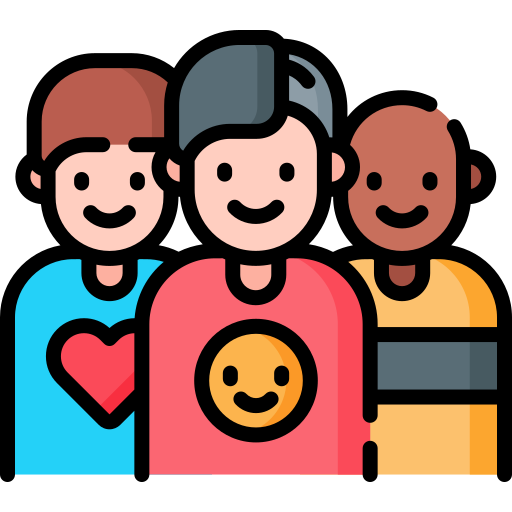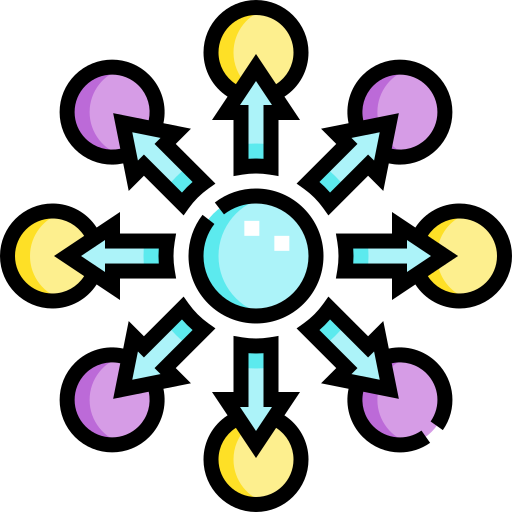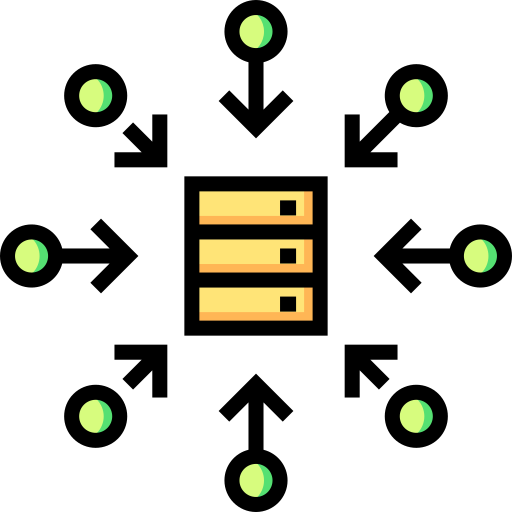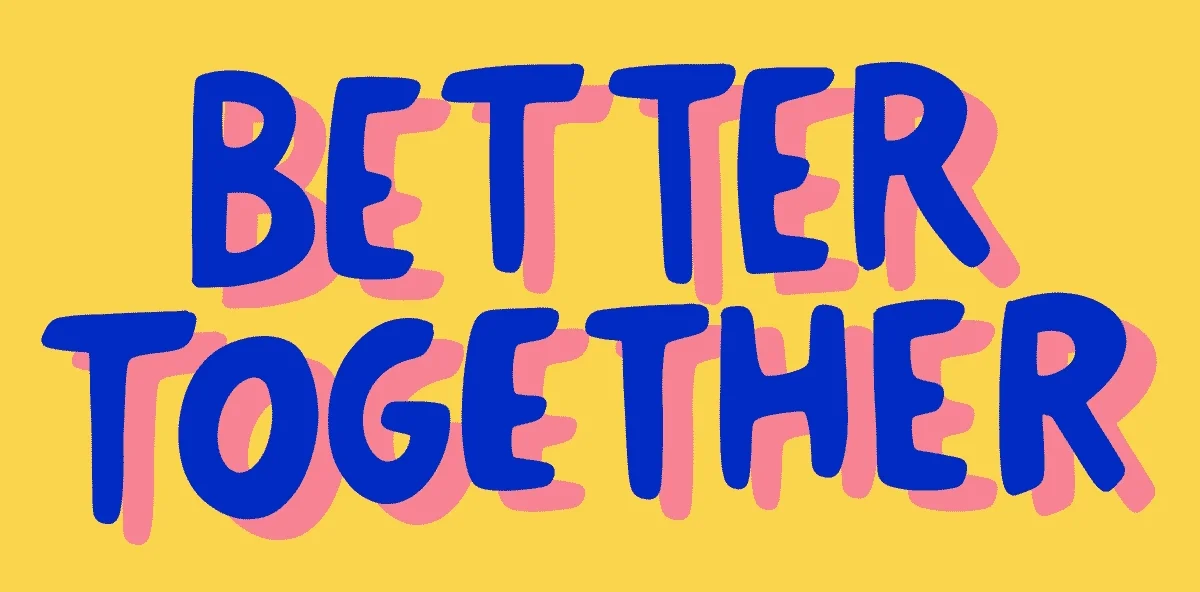Ever wondered how a group of average people can sometimes be smarter than the smartest person in the room?

The concept of "the wisdom of the crowd" suggests that large groups of people are collectively more competent and can make better decisions than individuals, even if those individuals are experts.
Key Principles of "The Wisdom of the Crowd"

Diversity of opinion: Different perspectives contribute unique insights.

Independent thought: Each person is encouraged to form their judgments independently to avoid influence from others (groupthink) and contribute unique viewpoints to the group.

Decentralization: Decisions are made by many people instead of being made by a single central authority.

Aggregation: Individual judgments are combined into a group decision, e.g. through voting.
Real-Life Applications
Market Predictions
Stock markets often reflect the collective intelligence of investors.
 Photo by AlphaTradeZone on Pexels
Photo by AlphaTradeZone on Pexels
Product Development
Companies use customer surveys and feedback to improve products.
 Photo by Habitat de lill on Pixabay
Photo by Habitat de lill on Pixabay
Brainstorming Ideas
Platforms like Wazoku Crowd allow organizations to crowdsource solutions to complex challenges thanks to the wisdom of the crowd.
 Photo by Andreea Avramescu on Unsplash
Photo by Andreea Avramescu on UnsplashCrowdfunding
Pooling the resources of supportive customers on websites like Kickstarter can help turn entrepreneurial dreams into reality.
 Image by Tumisu on Pixabay
Image by Tumisu on Pixabay
Marketing Strategies
Social media polls can influence how products and services are promoted.
 Image by Pete Lintforth on Pixabay
Image by Pete Lintforth on Pixabay
The Value of Collective Insight

The wisdom of the crowd allows you to harness collective brainpower, where every input, no matter how different, adds value. By combining different perspectives, you get a well-rounded solution.
It's not about everyone agreeing or being right — it's about pooling together diverse ideas to come up with the best possible answer.
In today’s interconnected world, understanding how to leverage other people's knowledge and capabilities can help you:
Make more balanced decisions
Foster innovation
Drive better outcomes
Quiz Time!
Planning a School Event
 Photo by Samantha Gades on Unsplash
Photo by Samantha Gades on UnsplashYou're on a committee planning the annual school festival. You and your team need to decide on the theme for the event. There are several ideas:
a carnival
a retro 80s theme
an eco-friendly festival
After discussing with a few friends, you think the carnival theme is the most popular, but you're not entirely sure. You propose that the team take a quick vote to decide, but your friend suggests using a more inclusive approach, like gathering opinions from a wider group of students before making a decision.
How can your team use the wisdom of the crowd to ensure they make the best decision?

Go with the carnival theme since it's already popular among your friends.

Take a quick vote within the committee and decide based on the majority.

Create a survey for the entire student body to vote on their preferred theme.

Ask a few teachers and parents for their opinions and decide based on their feedback.
Quiz
Which of the above best uses the principles of the wisdom of the crowd?
Take Action
Ready to tap into collective genius with the wisdom of the crowd?

To get started:
Your feedback matters to us.
This Byte helped me better understand the topic.
